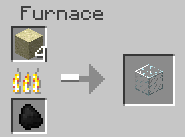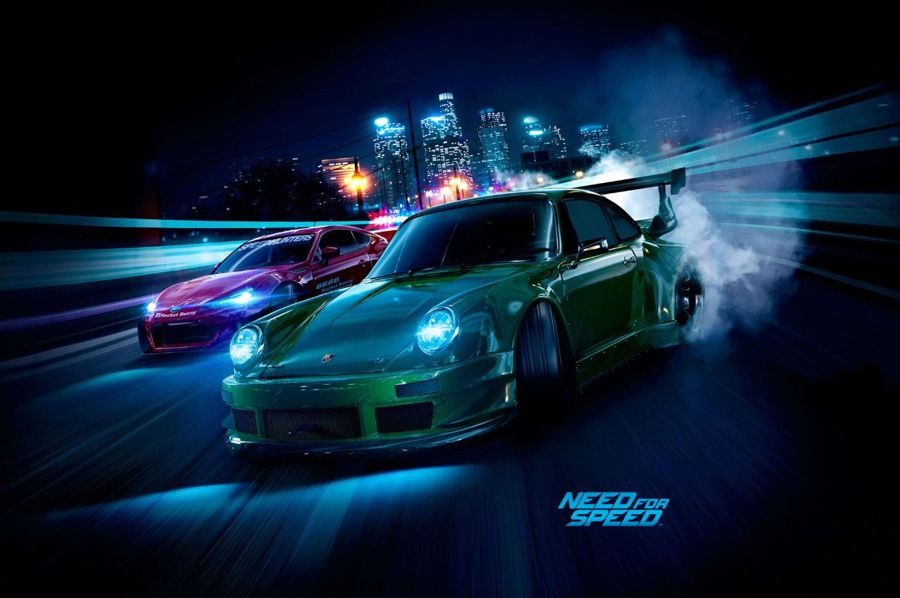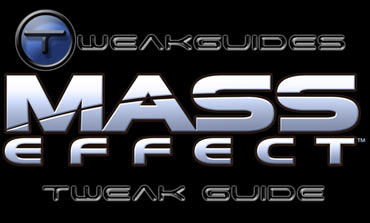

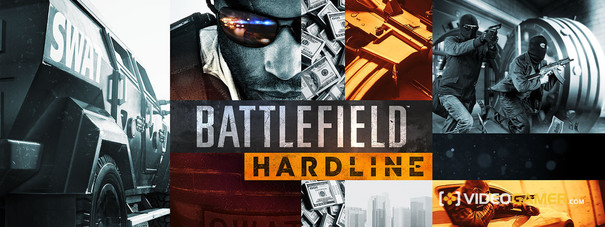
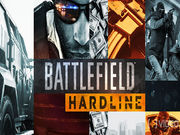
When the Battlefield: Hardline trailer 'leaked' last week, I was on a train with little to no internet connection. Not that it mattered: within seconds of the reveal I could almost physically hear the squealing of various members of the community, each excited to Nintendo 64 Kid levels that they'd be able to play 'that bit in Heat.'
My immediate thoughts: We don't really need any more games where you play 'that bit in Heat.' We need more games about the minutes before and after that bit in Heat.
As thrilling as that shootout may be, watching it (say, via YouTube) without the preceding and following hours feels like viewing an exercise in technical excellence – a high water mark in action cinema. Watching it in the context of the movie, it becomes something else: a desperate folly, a fatal mistake. It's the shootout that everyone wants to be involved with, except every person in the film.
Heat is primarily about men, and the relationships they find themselves in. It is about how these people try and live with the imperfections of each and every one of their lives. There are very few 'bad' guys in Heat, much as there are very few 'good' guys in it either. Al Pacino's Vincent Hanna is a great cop and a lousy dad. It's not an uncommon trope, of course, but the movie has the added wrinkle that Hanna isn't actually the biological father of his daughter Lauren.
No matter: he loves her the way he loves everything not police-related in his life: with passion, but from a distance. Not a physical one, but there's always something in the way: his work. He does the best he can, even if his best is nowhere near what is needed. His face looks beaten and weathered, a lifetime of perp-chasing and ball-busting etched onto it like a map of LA, except it's not of where the stars live but of where the darkness lies.
Robert De Niro's character is both Hanna's opposite, and his purer self. He's a criminal, but no more so than William Fichtner's shady broker Van Zant, who gets away with it because he wears a tie and not a holster. He's driven, meticulous, gifted in his own way. He's also violent, ruthless, and can abide no weakness. That extends to having a personal life. The famous line about dropping all personal ties when the heat comes around, from which the title of the film is derived, is both a fascinating credos and a devastating indictment of a life lived outside the law.
Supporting characters are also bound, whether they know it or not: by loyalty, by passion, by greed, by regret, by fear. Most of all they are controlled by, as Jenny Turner of The Scotsman once called it, "the terrible power of money", of forces far greater than they. Dennis Haysbert, the cook (and later getaway driver), is trying to go straight. The American legal system, a shitty boss, and the thrill of the job get in the way of that, and soon he's dead. Val Kilmer's gambling addiction causes the breakup of his family more than his life of crime really does. Even Jeremy Piven, the morally ambiguous doctor who treats De Niro after That Gunfight, has to trade in his integrity for money. Needing to change out of his blood-spattered clothes, De Niro demands the doctor's shirt. When he's told that he can't have it, as it was a gift given to to him for his birthday, De Niro insists. The shirt is traded. The forlorn look on the doctor's face says it all. We all face choices we don't want to make. But we make them anyway.
There are many characters like this in Heat, each making decisions against a backdrop of not just violence but also more mundane pressures, of boredom, frustration, and the creeping existential dread of life with these men. Lauren, played by Natalie Portman, let down one too many times by her biological father, attempts to kill herself. Justine, Hanna's wife, eventually has an affair. Neither is glamourised, nor is it that shocking. It's LA, and the city, itself a character, keeps on going.
And so it's not really any one scene that defines Heat, and it's certainly not the bank heist. If it was anything it would be the much-vaunted cafe showdown, where Al Pacino and Robert De Niro finally share the screen. They exchange words, each acknowledging their professional excellence as well as their personal failings. The words fly with a venom that those bullets could never match: equal parts threatening and understanding. Any vestige of cool is soon stripped from the two. All that's left is near psychotic dedication to the work that has already undermined everything else in their lives.
That's what I want to see in games.

